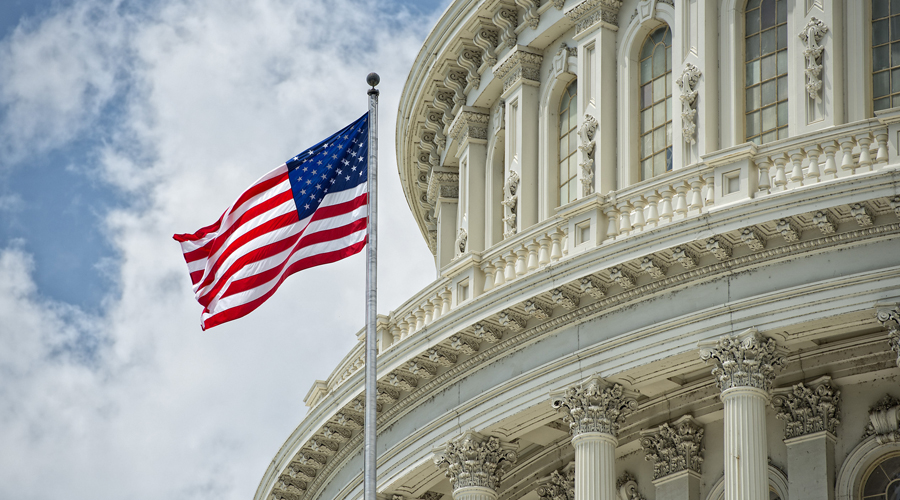The US government pledged Monday to steer clear of legal orders that force journalists to reveal their sources, with only rare exceptions, reversing course after revelations of secret efforts to obtain information from the media.
A statement from the agency said it would no longer use the "compulsory legal process" including subpoenas or warrants to obtain records or identify sources from journalists involved in newsgathering activities.
The new policy comes following revelations that former president Donald Trump's Justice Department secretly obtained phone records of journalists investigating his administration, inducing CNN, the Washington Post and New York Times.
The statement said the policy shift was made "because a free and independent press is vital to the functioning of our democracy."
It said the new policy applies to reporters, publishers, third-party service providers and others involved in newsgathering, and to physical or digital documents as well as phone records.
Attorney General Merrick Garland announced the new policy in a memo and called for "a review process to further explain, develop and codify the policy."
Monday's announcement comes after news that the Trump administration sought records of journalists investigating Russian meddling in the 2016 election, while obtaining "gag orders" to keep that effort secret.
White House press secretary Jen Psaki said last month that the use of such orders in leak investigations "is not consistent with the president's policy direction."
The Garland memo said exceptions to the policy would be made if the journalist were the subject of an investigation, or was suspected of being a foreign agent or member of a terrorist group, or in cases of "imminent" risk of death or bodily harm.
While the cases involving the Trump administration have drawn scrutiny recently, the policy change addresses a longstanding concern on press freedom and follows several cases where journalists have been threatened with jail for refusing to reveal sources.
"The attorney general has taken a necessary and momentous step to protect press freedom at a critical time," said Bruce Brown, executive director of the Reporters Committee for Freedom of the Press.
"This historic new policy will ensure that journalists can do their job of informing the public without fear of federal government intrusion into their relationships with confidential sources."











